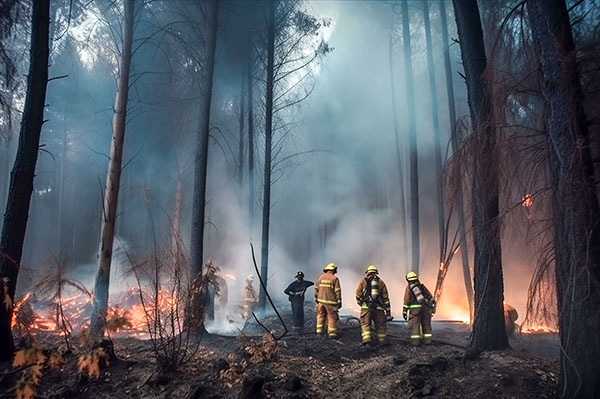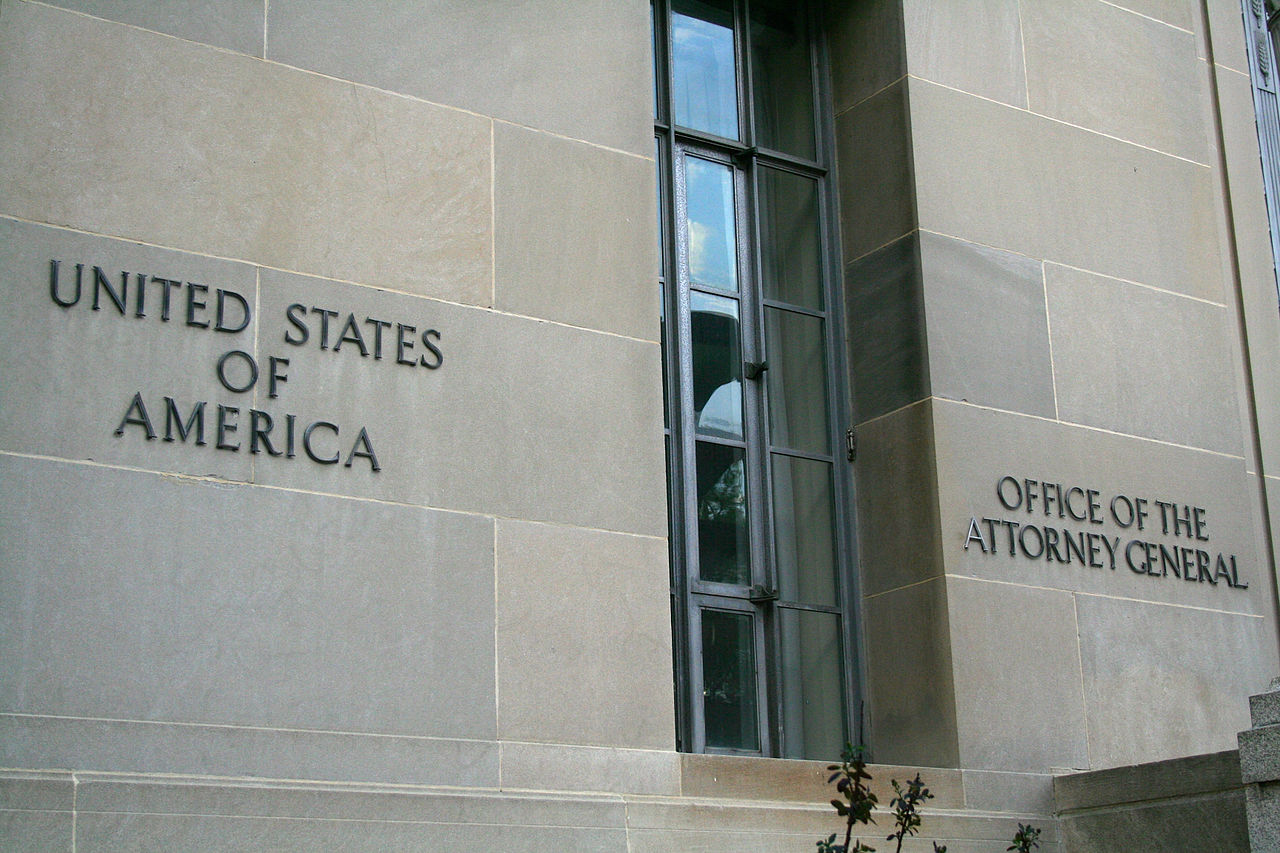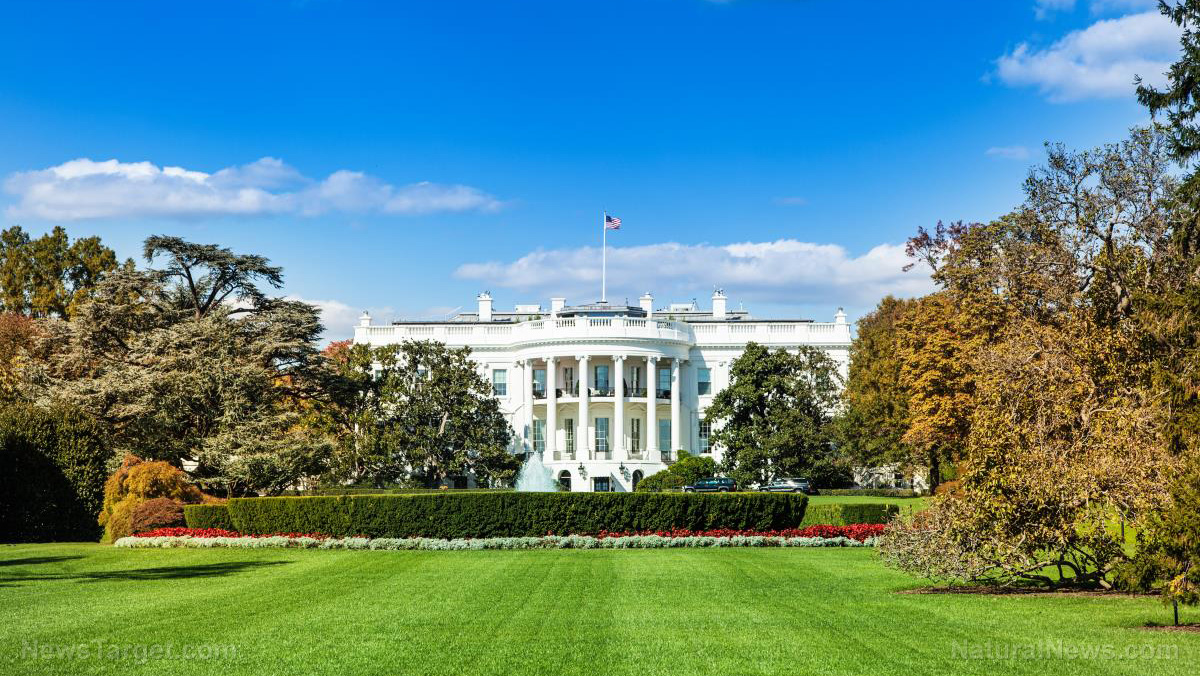Calvary Chapel San Jose, fined for defying covid lockdowns, SUES California for illegally tracking worshipers
08/30/2023 / By Ethan Huff

Pastor Mike McClure of Calvary Chapel San Jose, a prominent church in California, is suing Santa Clara County for issuing a fine of $1.2 million during the Wuhan coronavirus (COVID-19) “pandemic” because the church remained open for services rather than closed as demanded by the police state.
The lawsuit demands restitution from Santa Clara County for illegally spying on church members at Calvary Chapel San Jose, using SafeGraph, an advanced geofencing-based surveillance system, to track their whereabouts.
Whenever a church member was observed through the geofencing surveillance system via their smartphones to have attended a service at Calvary Chapel San Jose during the “pandemic” lockdowns, Santa Clara County would tack on another fine.
Citing both the First and Fourth Amendments to the United States Constitution, the suit alleges that Santa Clara County violated church members’ right to privacy and protection against warrantless searches.
(Related: While Calvary Chapel stayed open during COVID, other churches closed their doors and later pushed COVID “vaccines” on their congregants.)
Don’t forget: The COVID “police” aggressively targeted Christians because they HATE Jesus and those who follow Him
The liberty-minded group Advocates for Faith & Freedom filed the suit on behalf of Calvary Chapel San Jose, specifying that Santa Clara County’s use of SafeGraph for such purposes was unconstitutional and illegal.
Not only did congregants not grant permission for the warrantless spying and surveillance, but they did not even know it was occurring.
“This type of expansive geofencing operation is not only an invasion of privacy but represents a terrifying precedent if allowed to go unaddressed,” the complaint reads.
“As it stands, Defendants assert that, as long as they call it research, any level of government can target and spy on any individual or group at any time for any duration.”
The suit goes on to accuse Santa Clara County of engaging in such illegal activity for more than a year, “with seemingly no oversight, boundaries, or limitations.”
Not only were members of Calvary Chapel San Jose tracked and spied on for going to church during the lockdowns, but Santa Clara County officials also tracked them doing other things such as going to the grocery store or even going to the washroom.
“The implication of this is that those targeted by this controversial, dragnet-style surveillance weren’t safe from it anywhere – be it the prayer room or the bathroom,” Infowars reports.
In its defense, Santa Clara County is attempting to claim that the entire illegal operation was merely conducted for “research” purposes, and nothing more. The plantifs reject this argument, once again citing the provisions of the U.S. Constitution that protect against this kind of illegal probing.
If Santa Clara County’s argument is ruled valid, then it will set a precedent for warrantless government intrusion of all kinds, just so long as it is officially dubbed as being for “research,” argues Advocates for Faith & Freedom.
“This is not just un-American; it is downright Orwellian,” the group says.
So far, Santa Clara County has not responded to the suit with anything more than what it claimed before it was filed: that the spying was merely “research,” and is thus justified.
“Someone needs to find a way to track all elected officials and police in that county and post it online so people can know their locations at all times,” one commenter suggested. “Let’s see how they like it.”
“The satanists were tracking the Christians to find blame with them, just like their father satan does,” wrote another about the spiritual implications of this kind of flagrant abuse by Santa Clara County.
The latest news about the ongoing litigatory fallout from the illegal COVID mandates can be found at Pandemic.news.
Sources for this article include:
Submit a correction >>
Tagged Under:
big government, Calvary Chapel San Jose, coronavirus, corruption, COVID, covid-19, First Amendment, freedom, Glitch, Illegal, lawsuit, lockdowns, Mike McClure, money supply, pandemic, police state, privacy watch, Santa Clara County, spying, surveillance
This article may contain statements that reflect the opinion of the author




















